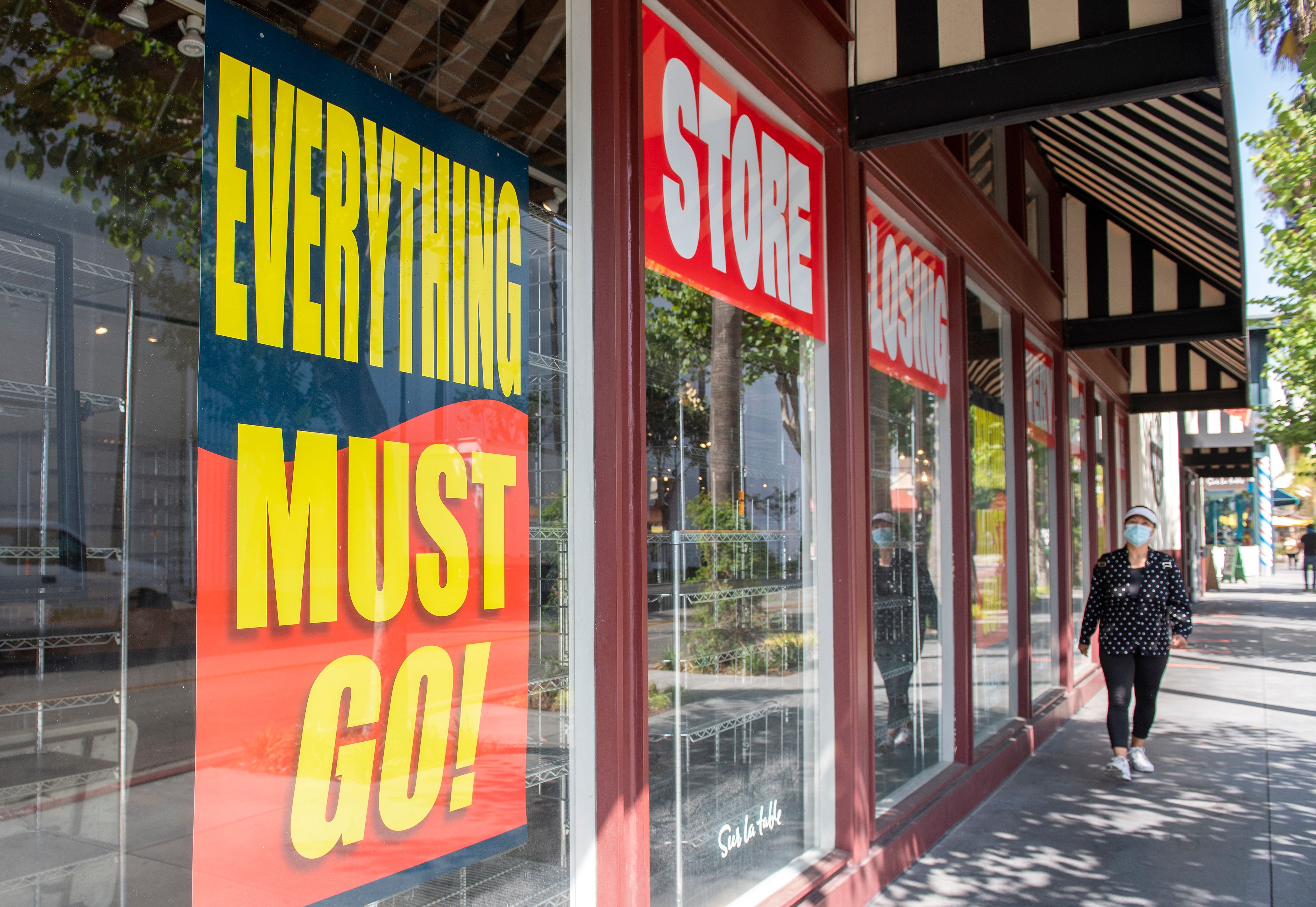When the private-equity bubble burst
Share Now on:
When the private-equity bubble burst
TEXT OF INTERVIEW
Doug Krizner: It was the best of times. It was the worst of times. Dickens could have been talking about private equity in 2007.
Marketplace’s Amy Scott joins us now for a look at these extremes. Amy, this was the year the private-equity bubble burst. How did we get here?
Amy Scott: Well, part of what drove this boom is the relatively low interest rates we’ve had. The deals involve huge levels of debt, which is why they’re called leveraged buy-outs, and so debt was cheap. Companies were also more motivated to be taken private to escape regulatory burdens and shareholder pressure. And meanwhile, some of the private-equity firms themselves started going public. The Blackstone Group’s IPO back in June was the biggest in five years. Of course, it didn’t work out very well — the stock soon flopped. And, you know, many saw these IPOs as a warning sign. These smart guys were cashing out, people started wondering if they knew something that the rest of us didn’t.
Krizner: So was there a pin, then, if we can continue with this metaphor, the whole bubble thing — was there one pin that popped the bubble?
Scott: The very sharp needle of the subprime mortgage collapse seemed to be what happened. They may seem unrelated, but when homeowners started defaulting on those subprime loans in greater numbers, it set off this whole chain reaction. And the bottom line is that investors started shunning any kind of risky debt. Suddenly, nobody wanted the bonds that were financing these private-equity deals. So the deals dried up.
Krizner: They’re a victim of the credit crunch essentially, right?
Scott: Essentially, yes. One of the first and most prominent victims. We had some really high-profile deals get delayed or restructured or even cancelled altogether. One case back in April, a private-equity firm called JC Flowers had agreed to buy the student loan company Sallie Mae for $25 billion. The credit market dries up, JC Flowers pulled out, the two sides are still fighting it out in court.
Krizner: Obviously, we’re still dealing with the credit crunch. The Fed is trying to be somewhat aggressive in addressing the ills. So is any of this allowing Wall Street to become more optimistic about 2008, insofar as private equity is concerned?
Scott: Well you know what’s strange, is that private-equity investors didn’t really slow down. I talked to an analyst at Dow Jones who follows this, and she said, you know, it may be that some of the funds were already opened, so there was this sort of momentum of fundraising, but this is a long-term investment. So people looking around at this current environment and what’s happening with the economy are thinking they might get some great bargains down the road.
Krizner: Amy Scott is a senior reporter here at Marketplace. Amy, thanks so much for your time.
Scott: Thanks a lot, Doug.
There’s a lot happening in the world. Through it all, Marketplace is here for you.
You rely on Marketplace to break down the world’s events and tell you how it affects you in a fact-based, approachable way. We rely on your financial support to keep making that possible.
Your donation today powers the independent journalism that you rely on. For just $5/month, you can help sustain Marketplace so we can keep reporting on the things that matter to you.


















